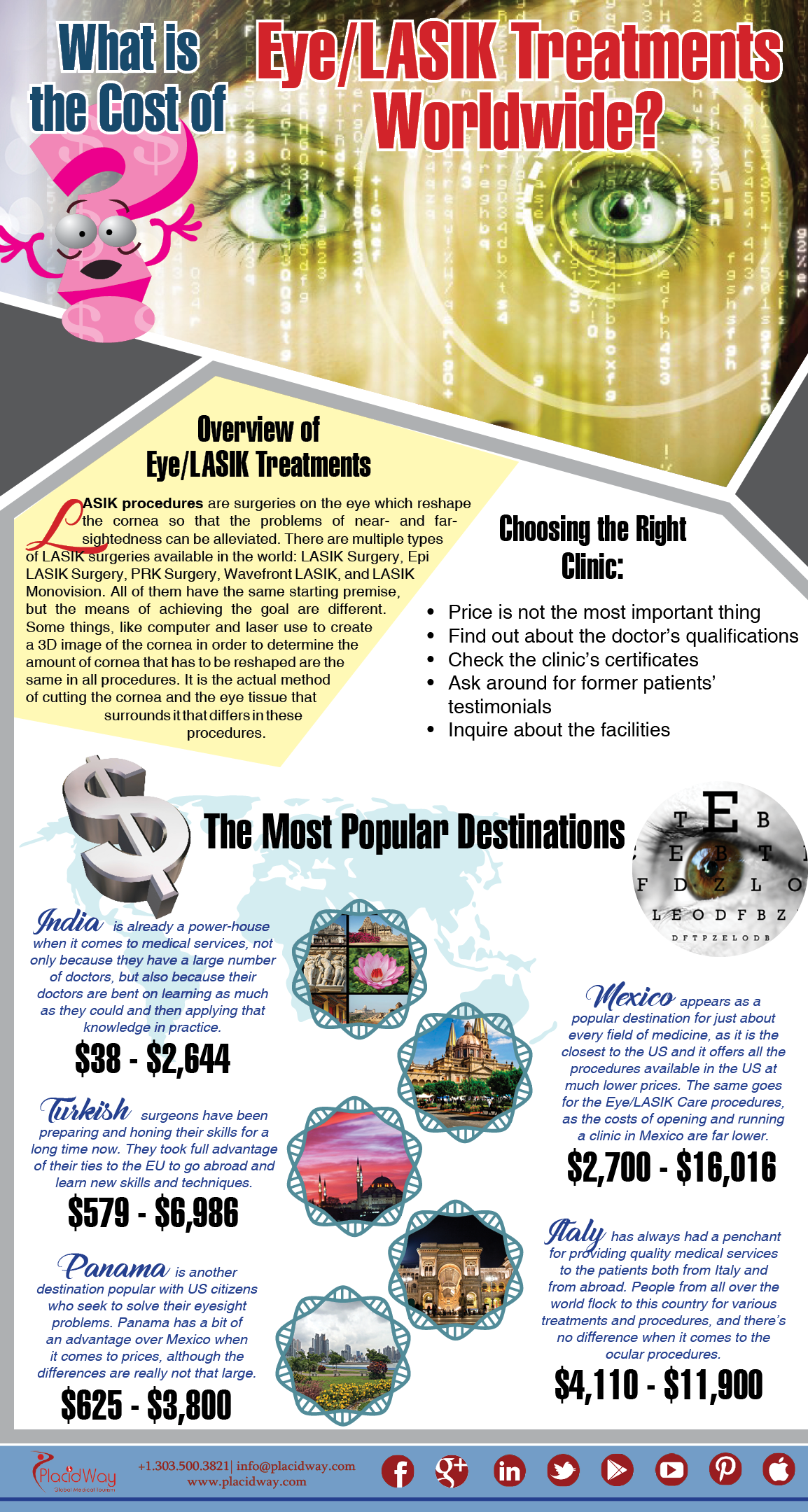Pondering SMILE Surgery? Examine Essential Aspects And Understandings That Will Certainly Help You In Getting To A Thoughtful Choice Concerning Your Visual Future
Pondering SMILE Surgery? Examine Essential Aspects And Understandings That Will Certainly Help You In Getting To A Thoughtful Choice Concerning Your Visual Future
Blog Article
Write-Up By-Bridges Cochran
If you're considering SMILE eye surgery, ponder this: are you prepared to welcome prospective visual liberty, or does the idea of any type of threats make you think twice? Your decision will depend upon a careful balance of evaluating the advantages against the uncertainties. It's critical to dive much deeper into the subtleties of SMILE surgical treatment to make an enlightened option that aligns with your aesthetic objectives.
Recognizing SMILE Eye Surgical Procedure
When thinking about SMILE Eye Surgery, it is necessary to understand the procedure and its benefits. SMILE, which means Tiny Incision Lenticule Removal, is a minimally invasive laser eye surgical procedure that remedies typical vision problems like myopia (nearsightedness).
During the procedure, your eye specialist will make use of a femtosecond laser to develop a small cut in your cornea. With this laceration, a little disc of tissue called a lenticule is removed, improving the cornea and correcting your vision.
One of the key benefits of SMILE Eye Surgery is its quick healing time. how soon can i see after cataract surgery boosted vision within a day or two after the procedure, with very little pain.
In addition, SMILE is recognized for its high success price in offering long-term vision correction. Unlike LASIK, SMILE does not need the development of a flap in the cornea, reducing the risk of difficulties and enabling an extra stable corneal framework post-surgery.
Comprehending click here for info and its benefits is vital when considering SMILE Eye Surgery for vision modification.
Benefits and drawbacks of SMILE
Considering SMILE Eye Surgical procedure for vision improvement features different advantages and potential drawbacks.
Among the main pros of SMILE is its minimally invasive nature, as it entails a tiny cut and generally results in fast recovery times. The procedure is additionally known for creating marginal pain and completely dry eye signs post-surgery compared to other vision modification methods. Furthermore, SMILE has been shown to offer excellent aesthetic results, with lots of people achieving 20/20 vision or better.
On the other hand, a prospective disadvantage of SMILE is that it may not appropriate for people with extreme refractive mistakes, as the therapy range is rather restricted compared to LASIK. Another factor to consider is that the understanding contour for surgeons carrying out SMILE can impact the schedule of skilled suppliers in specific locations.
It is very important to evaluate these advantages and disadvantages meticulously when choosing if SMILE is the ideal option for your vision adjustment requirements.
Identifying Qualification for SMILE
To identify if you're eligible for SMILE eye surgery, your ophthalmologist will conduct an extensive assessment of your eye health and wellness and vision needs. During Prk Surgery Cost , elements such as the stability of your vision prescription, the thickness of your cornea, and the overall health and wellness of your eyes will be analyzed.
Typically, candidates for SMILE are over 22 years old, have a secure vision prescription for at the very least a year, and have healthy corneas without problems like keratoconus.
Your optometrist will certainly also consider your general eye health and wellness, any kind of existing eye conditions, and your lifestyle requires to determine if SMILE is the appropriate option for you. It's necessary to connect any specific aesthetic needs or problems you might have throughout this assessment to make certain that the treatment straightens with your expectations.
If you aren't qualified for SMILE, your optometrist may recommend different vision improvement options that much better suit your individual demands and eye health condition.
Conclusion
Inevitably, determining whether SMILE eye surgical treatment is right for you needs cautious consideration of your specific eye health and visual needs. Consult with your eye doctor to establish your eligibility for the treatment and consider the potential benefits and downsides. Keep in mind to communicate any kind of worries or inquiries you may have throughout the assessment procedure to make an informed choice regarding your vision correction options.
